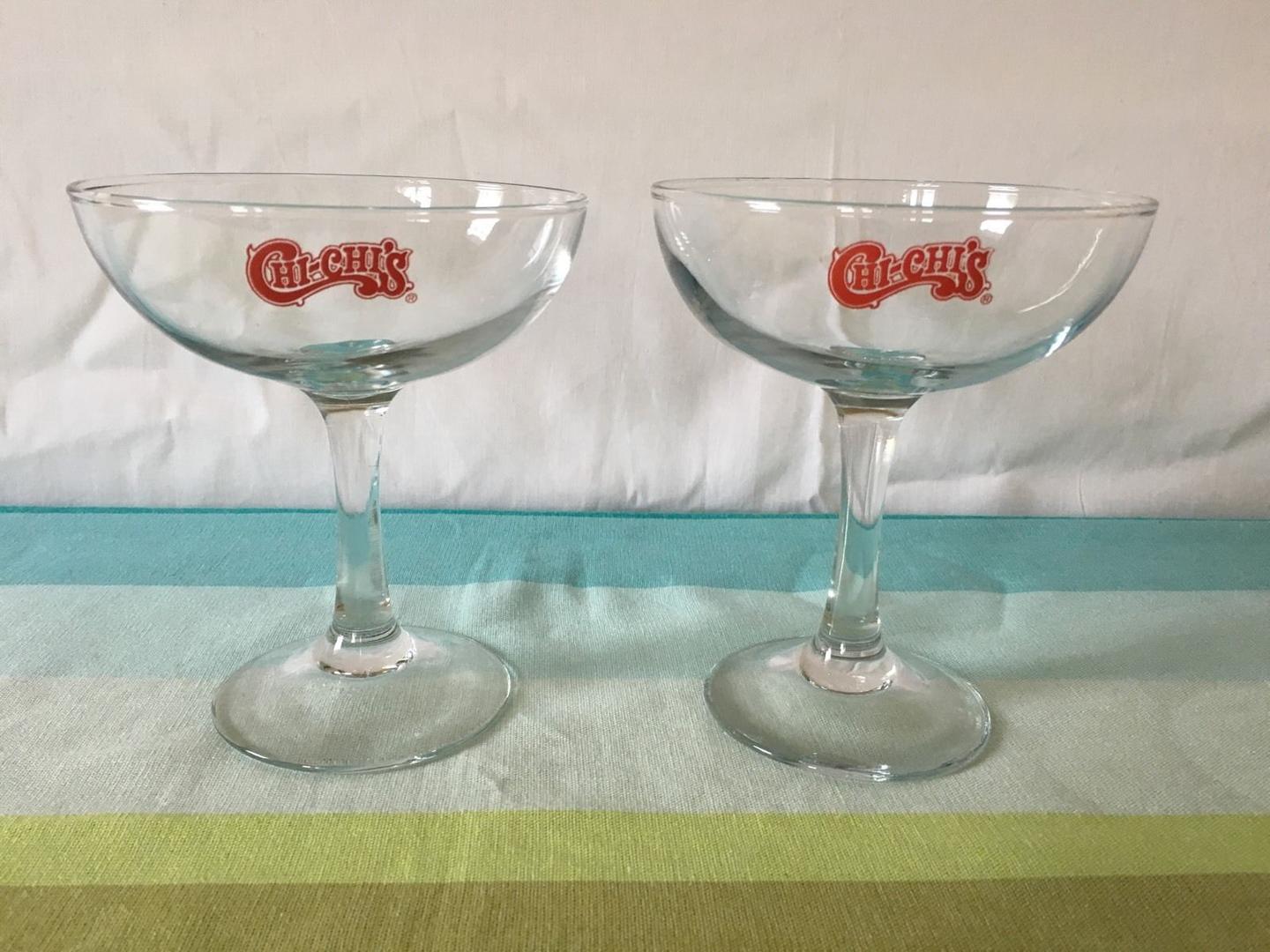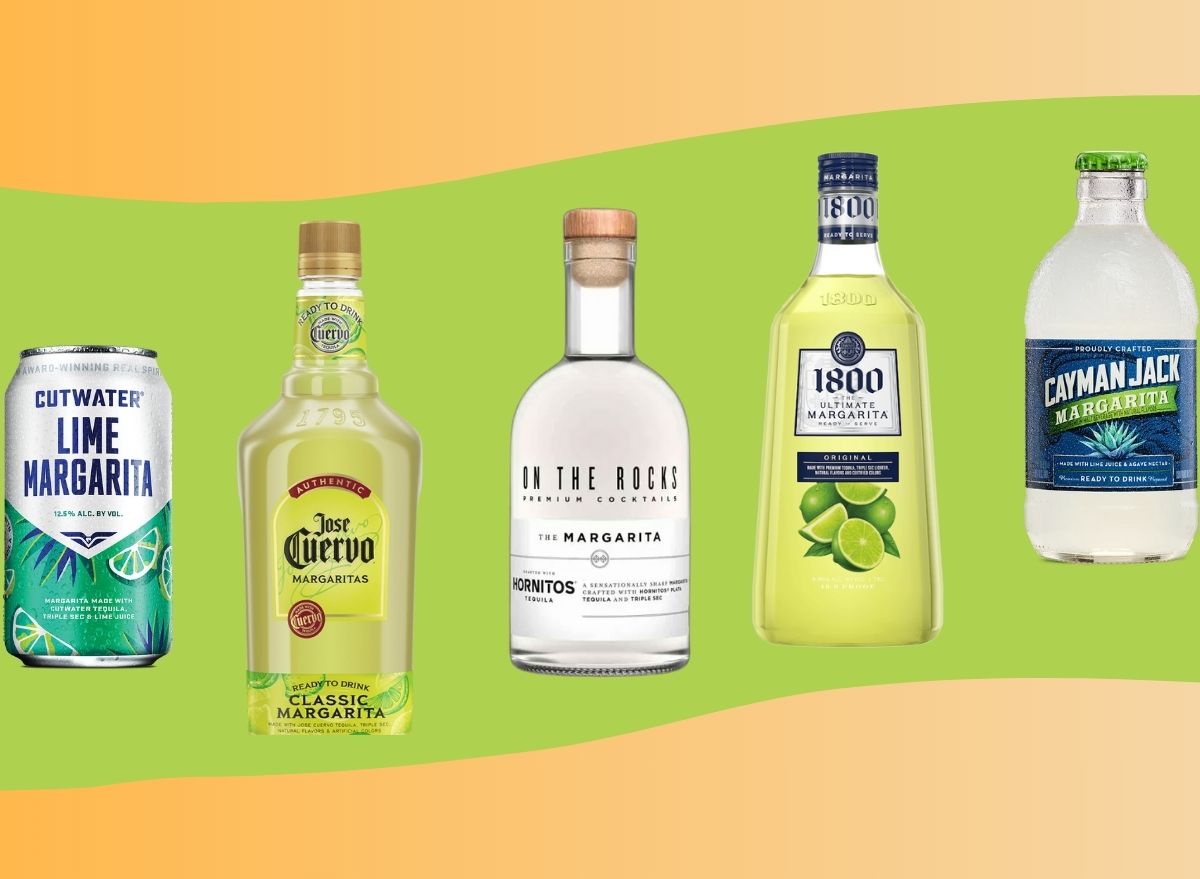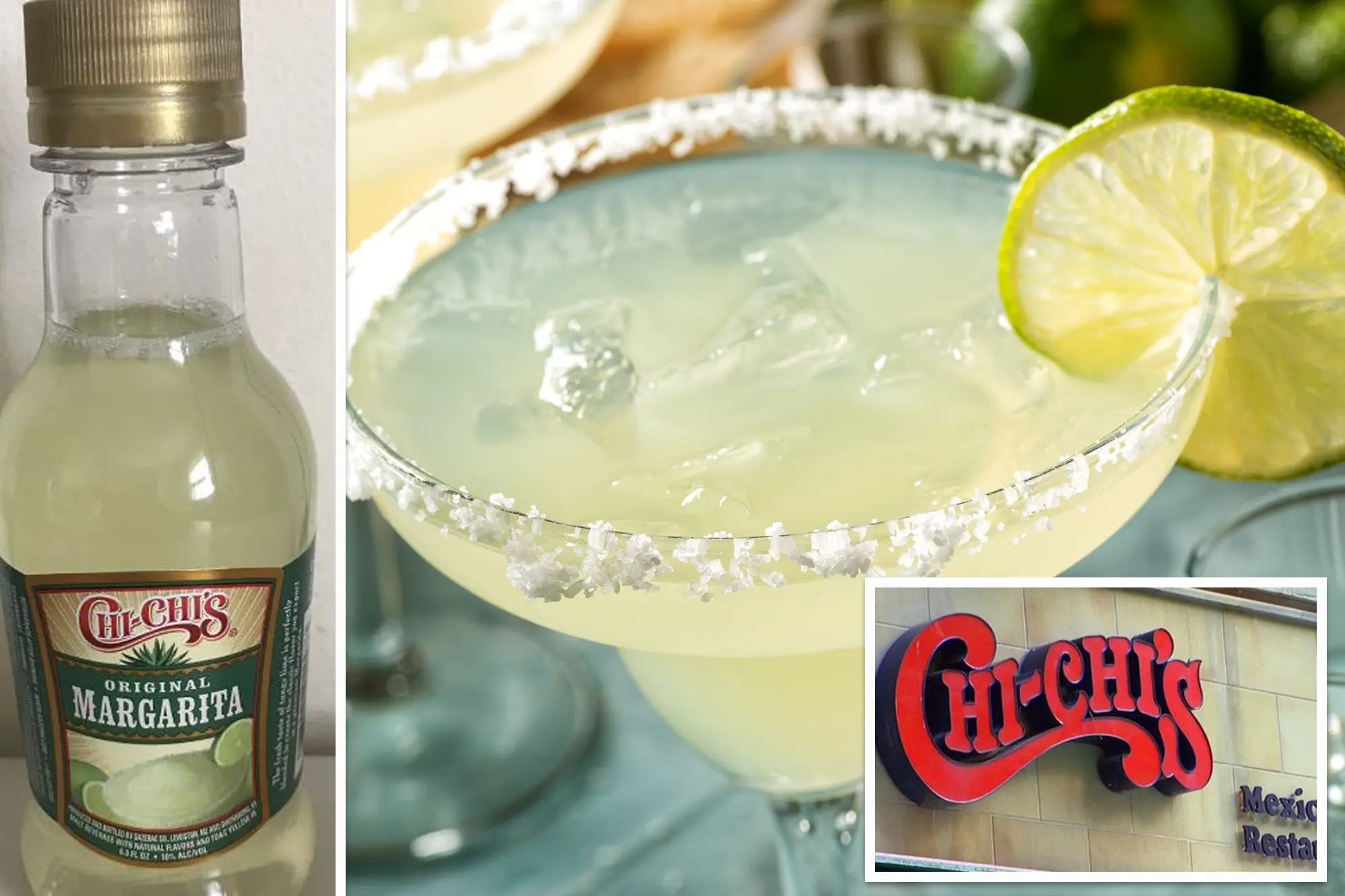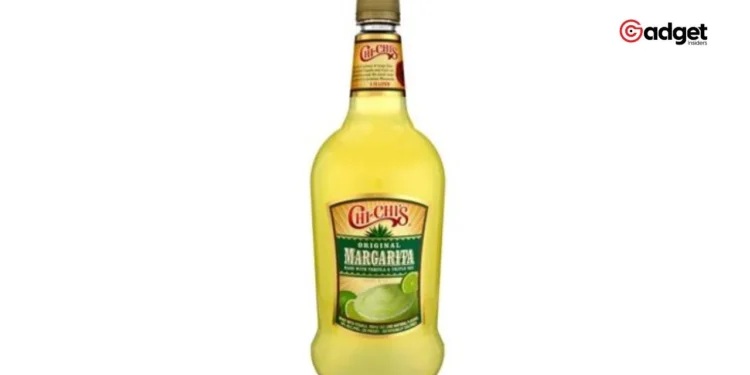In what could only be described as a cocktail controversy, Chi-Chi’s margaritas have found themselves at the center of a legal storm. The brand, owned by Sazerac Company Inc., is currently facing a class-action lawsuit over what plaintiffs claim is deceptive marketing regarding their “Original Margarita” product. Unlike the expected concoction of tequila and triple sec, one version of this margarita contains only malt—leaving cocktail lovers more than just a bit sour.

The Packaging Puzzle: Identical Looks, Different Contents
The lawsuit, which was filed in a Brooklyn court, revolves around two versions of the so-called “Original Margarita.” One is made with the traditional tequila and triple sec, while the other is crafted from malt alcohol. What has particularly stirred up discontent among consumers is the nearly identical packaging used for both. This visual similarity has allegedly led to confusion, as the malt beverage version sports the same vibrant colors, themes, fonts, and even the Chi-Chi’s logo as its alcoholic counterpart, but without the critical tequila ingredient.
Found some lame ass Chi-Chi's pre-mixed margarita in the fridge… Figured I better celebrate #NationalMargaritaDay pic.twitter.com/Mlsp2ocx2j
— Sweet Sunshine (@chicadulce19) February 23, 2016
The Labeling Labyrinth
According to court documents, the distinction between the two is minimally highlighted, with the malt version’s label featuring the necessary information in “minimum type size” that is challenging to read under ordinary conditions. Plaintiffs argue that this subtlety in labeling not only misleads but also exploits consumer expectations, as the design gives the “erroneous impression” of the drink being a traditional margarita with distilled spirits.

Consumer Confusion and Calls for Clarity
The plaintiffs, hailing from Queens and Suffolk Counties, assert they would not have paid the premium price had they been aware of the malt content, indicating a clear mismatch between expectation and reality influenced by the labels. Their experiences underline a broader issue of transparency and trust between consumers and brands, particularly in an age where ingredients and authenticity are heavily scrutinized.
Seeking Justice and Reformation
The lawsuit seeks not only a jury trial but also aims for class action status, emphasizing the potential widespread impact of such marketing practices. The plaintiffs are demanding monetary damages and legal fees, hoping for a resolution that includes clearer labeling practices not just for Chi-Chi’s but as a standard across similar consumer products.

Chi-Chi’s Margarita Legal Battle: Demanding Transparency
This legal battle over Chi-Chi’s margaritas underscores a growing consumer demand for honesty in product marketing, especially in the food and beverage industry. As this case progresses, it will likely ignite discussions on industry standards and the need for stringent regulations to prevent such misleading practices. Whether this will shake up the cocktail industry or simply stir a momentary buzz remains to be seen, but one thing is clear: consumers are ready to fight for their right to know exactly what they are drinking.










